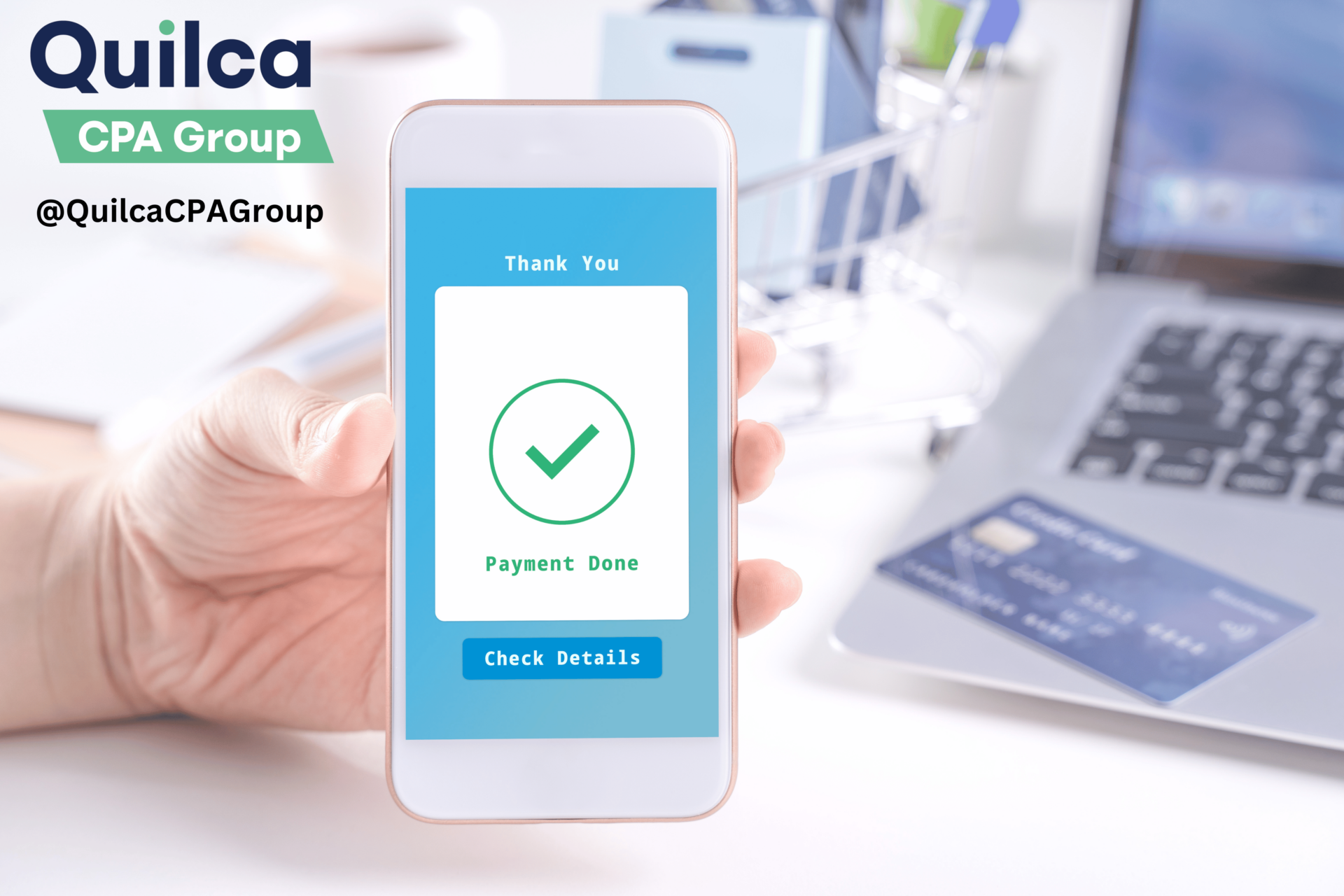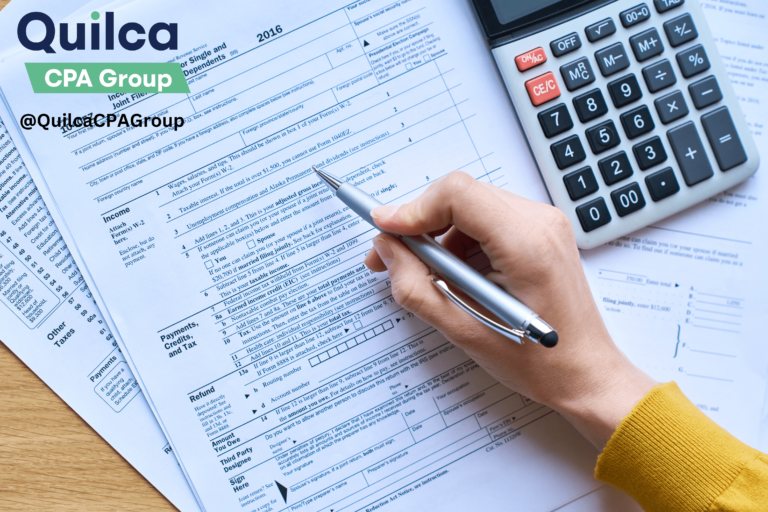If you are a small business owner who sells products or services online, one of the key responsibilities you have is collecting online sales tax. If you have questions about the rules and regulations surrounding this process, in this article, we will answer them, providing you with a comprehensive guide to online sales tax for small business owners. By the end of this article, you will have a clear understanding of what you need to do to stay compliant and ensure that you are collecting the correct amount of tax.
What is Online Sales Tax?
Online sales tax is the tax that applies to sales of goods or services over the internet. Depending on where you and your customers are located, you may have to collect and remit sales tax to one or more states s. Sales tax is a consumption tax, meaning that it is paid by the final consumer of the product or service. The seller is responsible for collecting the tax from the buyer and remitting it to the appropriate tax authority.
Online sales tax is different from income tax, which is based on your net income from your business activities. Online sales tax is also different from use tax, which is a complementary tax that applies when a buyer purchases a product or service from an out-of-state seller and does not pay sales tax. In that case, the buyer is supposed to report and pay use tax to their state.
How Does Online Sales Tax Work?
Online sales tax works similarly to sales tax for physical transactions. The seller must determine the applicable tax rate, collect the tax from the buyer, and remit it to the relevant tax authority. However, online sales tax has some unique challenges and complexities that require careful attention.
The main challenge of online sales tax is determining whether you have nexus in a particular state. Nexus is a legal term that means you have a sufficient connection or presence in a state to be subject to its tax laws. Nexus can be established by various factors, such as having a physical location, employees, inventory, affiliates, or customers in a state.
If you have nexus in a particular state, you must register with the tax authority, collect and remit sales tax on your taxable sales to customers in that jurisdiction, and file periodic sales tax returns. You must also keep track of the different tax rates, rules, exemptions, and thresholds that apply in each jurisdiction.
However, if you do not have nexus in a particular state, you are not required to collect and remit sales tax on your sales to customers in that jurisdiction. This means that you can potentially save money and time by not having to deal with multiple tax authorities and compliance requirements.
What are the Recent Changes in Online Sales Tax Law?
The online sales tax landscape changed significantly in recent years due to a landmark Supreme Court decision in 2018. The case was South Dakota v. Wayfair, Inc., and it involved a challenge by South Dakota against online retailers Wayfair, Overstock.com, and Newegg. South Dakota argued that these retailers should collect and remit sales tax on their sales to South Dakota customers, even though they did not have a physical presence in the state.
The Supreme Court ruled in favor of South Dakota, overturning a previous precedent that required physical presence for nexus. The Court held that physical presence was not necessary for nexus, and that states could impose sales tax obligations on out-of-state sellers based on their economic activity in the state. The Court also upheld South Dakota’s law that required out-of-state sellers to collect and remit sales tax if they had more than $100,000 in annual sales or 200 transactions in the state.
The Wayfair decision has opened the door for states to enact similar laws or regulations that require out-of-state sellers to collect and remit sales tax based on their economic nexus in the state. As of May 2023, 46 states have adopted economic nexus laws for online sales tax. However, these laws vary by state in terms of the thresholds, effective dates, exemptions, and enforcement mechanisms.
Best Practices for Collecting Online Sales Tax
Collecting online sales tax can be a daunting task for small business owners. However, there are some best practices that can help you simplify and streamline your online sales tax compliance process. These include:
- Determine your nexus status in each state where you sell online.
- Register with each state where you have nexus and obtain a sales tax permit or license.
- Identify which products or services are taxable and which are exempt in each state where you have nexus.
- Calculate the correct sales tax rate for each sale based on the destination of the product or service.
- Collect the sales tax from your customers at checkout and keep records of your transactions.
- Remit the collected sales tax to each state where you have nexus on a regular basis (monthly, quarterly, annually) according to their filing schedule.
- File your sales tax returns with each state where you have nexus according to their filing schedule.
- Monitor any changes in online sales tax laws in each state where you have nexus and update your compliance process accordingly.
We Can Help You with Your Online Sales Tax Needs
At Quilca CPA Group, we understand how challenging it can be for small business owners who sell online to deal with online sales tax compliance, which is why we offer comprehensive and customized online sales tax services that can help you save time, money, and hassle.
We have a team of experienced and qualified accountants who specialize in online sales tax compliance. We use advanced technology and software solutions to ensure accuracy and efficiency. We also offer competitive pricing and flexible payment options. If you want to learn more about our online sales tax services or schedule a consultation, please contact us today at (786) 310-5582 or [email protected]. We look forward to hearing from you soon!







